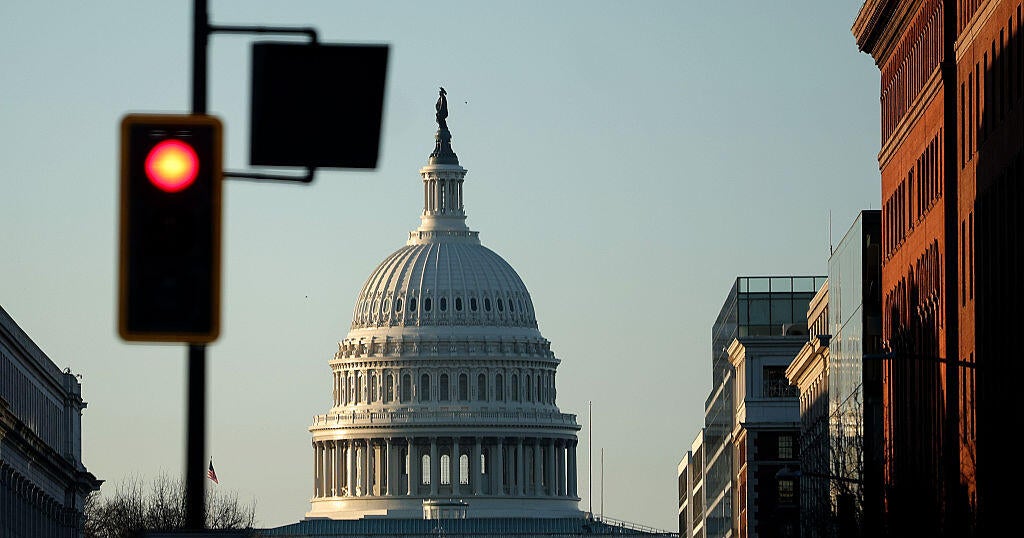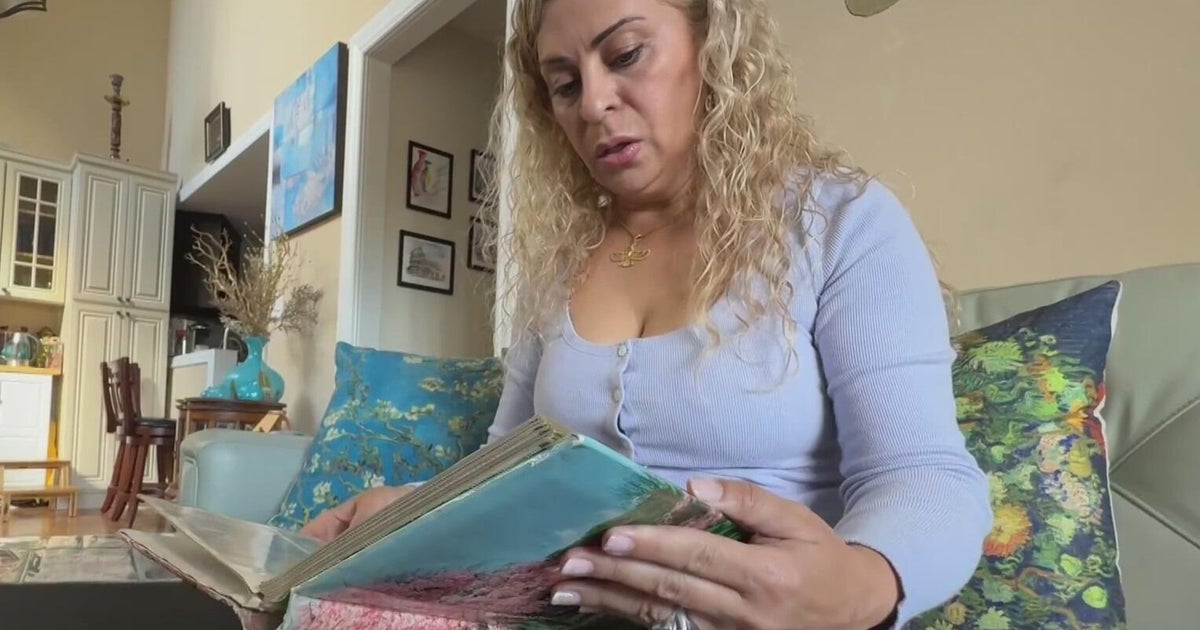Fauci voices optimism about remdesivir as treatment for COVID-19 infection
Dr. Anthony Fauci, the nation's top infectious disease specialist, is optimistic about the ability of the antiviral drug remdesivir, produced by Gilead Sciences, to shorten the time it takes seriously ill patients to recover from a COVID-19 infection. Preliminary data analysis from an international COVID-19 drug trial "shows that remdesivir has a clear-cut, significant, positive effect in diminishing the time to recovery," Fauci told reporters at the White House Wednesday.
This development is "really quite important for a number of reasons," Fauci said, calling the data "highly significant." He said that the recovery time was reduced from 15 days to 11 days in the drug trial, which involved over 1,000 hospitalized patients in the U.S., Germany, Denmark, Spain, Greece and other countries, and was, he said,"the first truly high-powered, randomized, placebo-controlled" trial for a coronavirus treatment.
"Although a 31% improvement doesn't seem like a knockout 100%, it is a very important proof of concept," Fauci said, adding that "what it is proving is that a drug can block this virus."
The drug was administered as a daily IV for 10 days, and was only tested in patients who were sick enough to be hospitalized. The National Institutes of Health said the trial began on February 21.
Fauci also said, "The mortality rate trended towards being better in the sense of less deaths in the remdesivir group," at 8% for those treated with the drug versus 11%, among those in the placebo group, although he acknowledged that the difference seen in the study was not statistically significant. Fauci said the data still needs further analysis.
The reason Fauci was announcing the outcome of the trial Wednesday, he said, was that whenever there is clear evidence that a drug works, "you have an ethical obligation" to let the people who were treated with the placebo know so that they can be treated with the drug.
However, a separate study on a smaller group of patients in China, published in the peer-reviewed journal The Lancet the same day, found no benefit from the drug.
Food and Drug Administration spokesman Michael Felberbaum said in a statement that "the agency has been engaged in sustained and ongoing discussions with Gilead Sciences regarding making remdesivir available to patients as quickly as possible, as appropriate."
The FDA has not yet taken the step of issuing an emergency use authorization, which allows unapproved medical products to be used in an emergency to treat serious diseases when there are no other adequate options.
Sara Cook and Kristin Brown contributed to this report.



